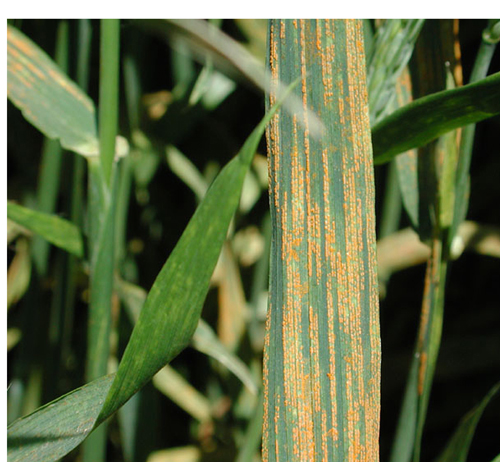Three gene stewards rewarded
 Three Australian institutions have been recognised for their efforts to combat wheat rust diseases, receiving the Borlaug Global Rust Initiative (BGRI) Gene Stewardship prize.
Three Australian institutions have been recognised for their efforts to combat wheat rust diseases, receiving the Borlaug Global Rust Initiative (BGRI) Gene Stewardship prize.
The winning researchers are from the University of Sydney, the Commonwealth Scientific and Industrial Research Organisation (CSIRO) and the University of Adelaide.
Collectively, the institutions are referred to as the Australian Cereal Rust Control Team. The Gene Stewardship award is given annually to scientists who contribute to responsible management of genetic resources of wheat.
The Australian researchers were praised for their achievements in fifteen different areas, including developing programs for stacking resistance genes, creating molecular markers, strategic planning for durable, long-lasting disease resistant wheat varieties, highly effective training programs, willingness to share genetic resources, and strong efforts to clone resistance genes.
Sarah Evanega, associate director of the Durable Rust Resistance in Wheat project, and adjunct professor of plant breeding at Cornell University said: “So much great work is being done at these Australian institutions. Their expertise, their collaborative spirit and their recognition of the importance of developing durably resistant varieties serve as an inspiration for rust scientists all over the world. With this award, we gratefully recognize the efforts of the Australian Cereal Rust Control Team.”
Among Australian efforts to combat the potentially devastating disease is work to develop new varieties of wheat that have genetic resistance by deploying specific rust-resistant genes as natural barriers.
The Australian team also uses molecular markers to simplify the process of creating varieties with disease resistance in addition to higher yields and other desirable traits.
“The collaborative nature of the three institutions is similar to resistance genes: working together they accomplish more good than one alone,” said Ms Evanega.







 Print
Print